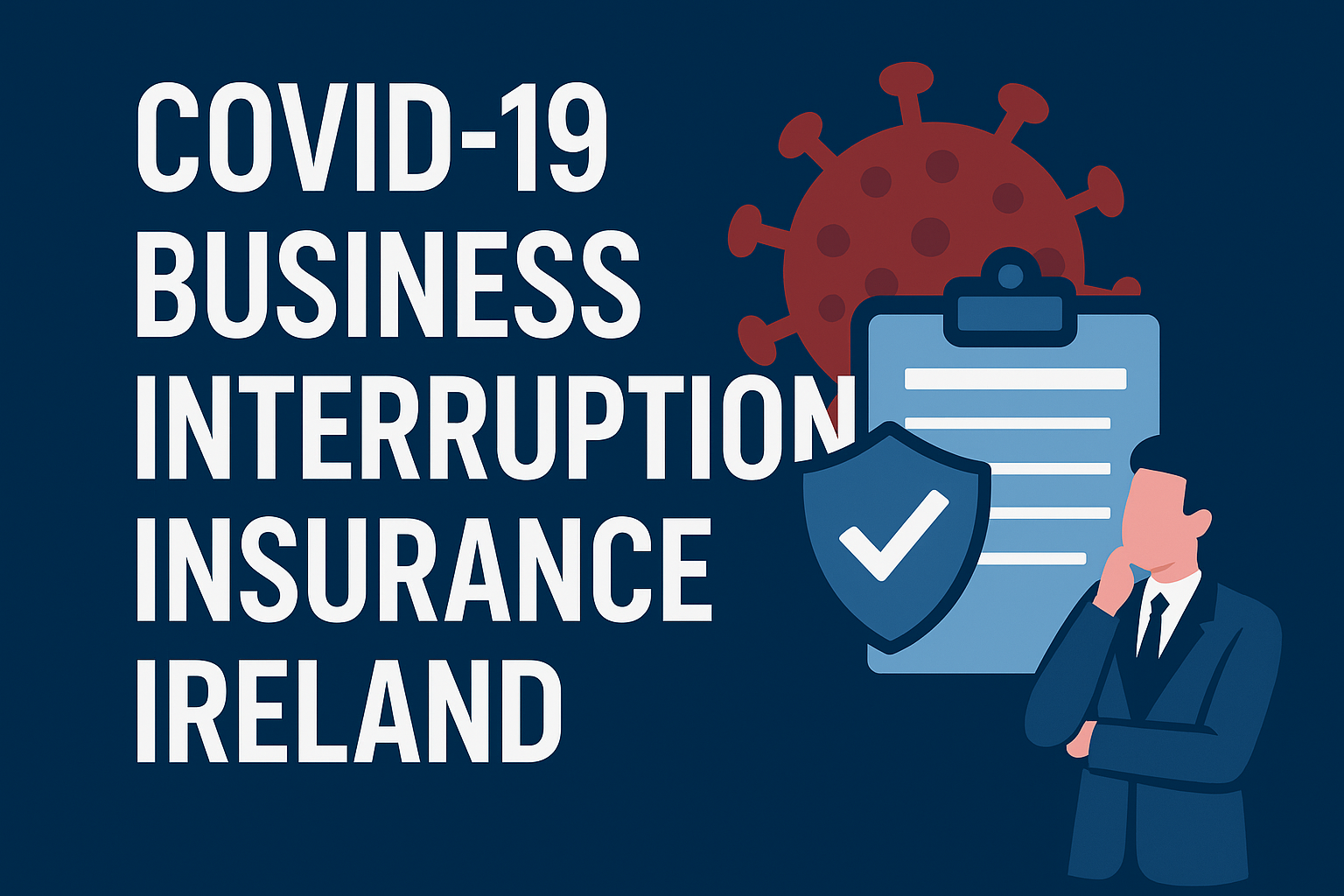The High Court in England and Wales has delivered its judgment in the Financial Conduct Authority (FCA) business interruption insurance test case, The Financial Conduct Authority v Arch & Ors, marking a significant victory for policyholders. This 160-page judgment provides guidance to an estimated 370,000 business owners seeking payouts under business interruption insurance following the COVID-19 pandemic.
Scope of the Judgment
The court examined 21 lead policies, broadly divided into three categories:
- Disease wordings – Coverage for business interruption caused by notifiable diseases within a specified radius of the insured premises.
- Prevention of access / public authority wordings – Coverage triggered by government-imposed restrictions or hindrance of access to the premises.
- Hybrid wordings – Coverage linked to restrictions imposed due to notifiable diseases.
Businesses should review their policies carefully and seek expert guidance, given the variety of wordings considered.
What We Can Learn From the Judgment
- Proof of Outbreak: Policyholders do not need to prove a COVID-19 outbreak occurred within a precise area unless specified by the policy.
- Diagnosis Not Always Required: Individuals affected by COVID-19 do not necessarily need to be diagnosed for coverage.
- Definition of “Interruption”: The court interpreted “interruption” broadly, including disruption and interference, not only complete cessation of business.
- Guidance, Not Blanket Liability: The judgment clarifies policy operation under pandemic conditions but does not impose universal liability on insurers.
Huw Evans, Director General of the Association of British Insurers, stated:
“Insurers have supported this fast-track court process led by the FCA to help bring clarity for customers. The national lockdown posed understandable questions of interpretation for some business insurance contracts.”
Implications for Irish Businesses Dealing With Business Interuption Claims
Irish businesses, particularly publicans pursuing claims against FBD Insurance, will closely monitor this case. While the UK judgment is not binding in the Republic of Ireland, it may provide persuasive guidance to the Irish Commercial Court in upcoming test cases.
Next Steps for Policyholders
Lacey Solicitors recommends business owners to:
- Review Policies: Consult insurers or legal advisors to see how the court’s principles apply to specific policy wording.
- Prepare Evidence: Consider additional documentation required to substantiate a claim, given the varying conclusions reached for different policy wordings.
The FCA and insurers are exploring potential appeals, which may escalate directly to the Supreme Court on an expedited basis. While the judgment clarifies key contractual uncertainties, it does not determine exact payouts under individual policies.
Conclusion
The FCA’s landmark test case represents a crucial step in clarifying business interruption insurance coverage during COVID-19. Irish businesses should review their policies and seek professional advice to understand their entitlements and the potential impact of this UK judgment on Irish claims.









